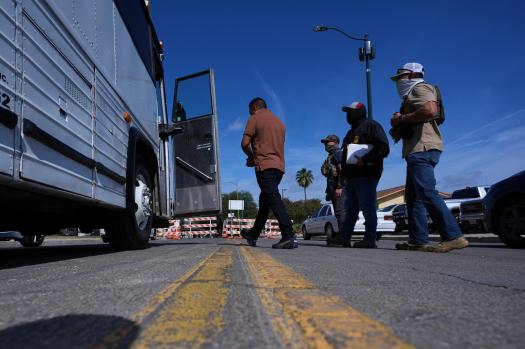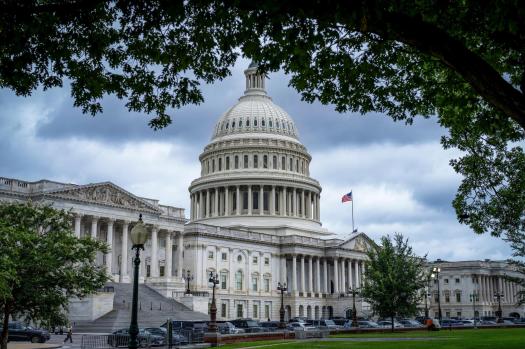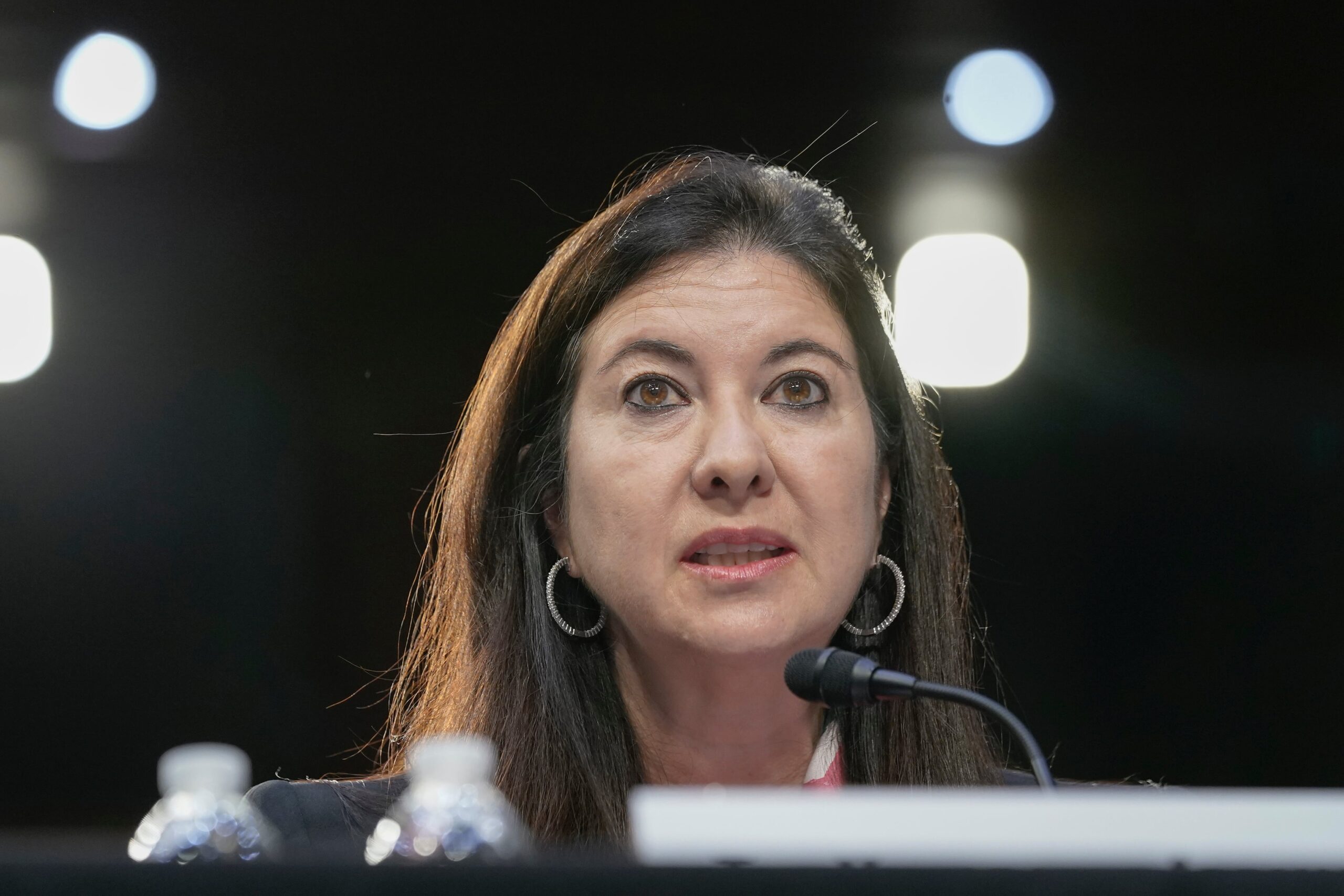By Elliott Spagat and Michael Kunzelman, Associated Press
Washington (AP) In a decision that might save hundreds of thousands of individuals, a federal judge decided on Friday to temporarily halt the Trump administration’s plans to increase the number of undocumented immigrants who are deported under humanitarian parole.
The Department of Homeland Security went over its legislative power when it attempted to increase expedited removal for several immigrants, according to a ruling by U.S. District Judge Jia Cobb in Washington, D.C. The judge stated that the risks to those individuals are greater than any negative effects of the urgent halt to the administration’s intentions.
In her 84-page ruling, Cobb stated that the case raises an issue of justice for those escaping injustice and violence in their native nations.
They followed the rules in a world full of wrong choices, she wrote. The government has now altered the rules for parolees who are already in the country, limiting their capacity to apply for immigration relief and subjecting them to summary removal even though statutory law forbids the Executive Branch from doing so. This is in addition to closing off those routes for new arrivals.
Related Articles
-
AMA and other medical associations are kicked out of CDC vaccine workgroups
-
Veteran federal judge T.S. Ellis III, who presided over trial of Trump aide Paul Manafort, has died
-
Senate delays August recess for now as Trump presses for more confirmations
-
Trump removes official overseeing jobs data after dismal employment report
-
Democrats launching summer blitz to press Republicans on Trump spending plan
Immigration officials can deport someone from the United States without a judge’s approval thanks to fast-track deportations. Parole permits an applicant for admission to the United States to enter the nation without being detained in immigration matters.
In order to contest three recent DHS department orders that increased expedited removal, immigration advocacy groups filed a lawsuit against Homeland Security Secretary Kristi Noem. The high stakes of the lawsuit are highlighted by an increase of arrests in immigration courts.
Any non-citizen who entered the country through the parole process at a port of entry is subject to the judge’s decision. She put a halt to the contested DHS actions until the lawsuit was resolved.
The fundamental point of the case, according to Cobb, is whether or not those who have fled oppression will be able to present their case within a set of regulations.
Or will they be forcibly taken from a nation that, when they are apprehended at checkpoints and outside of courtrooms, frequently by plainclothes cops, without any justification or charges, may begin to resemble the nations from which they attempted to flee? She went on to say.
Esther Sung, the legal director of the Justice Action Center and a plaintiff’s lawyer, called the decision a major victory for hundreds of thousands of immigrants and their families. According to Sung, a lot of people are scared to go to regular immigration hearings for fear of being detained.
Sung expressed hope that this choice would allay that worry.
Since May, when judges grant government motions to drop deportation cases, U.S. Immigration and Customs Enforcement officials have set up shop in corridors to make arrests. The government resumes deportation procedures after an arrest, but with expedited authority.
In January, President Donald Trump drastically increased the scope of fast-track power, enabling immigration officials to deport someone without first consulting a judge. Even while submitting an asylum claim can halt fast-track deportations, people might not be aware of this right and, even if they are, they could be quickly removed if they don’t pass an initial screening.
A 1996 statute established expedited removal, which has been applied extensively to individuals detained at the border since 2004. In 2019, Trump tried to extend those powers to everyone in the nation for fewer than two years, but the court blocked his plan. His most recent attempts are akin to a second attempt.
Plaintiffs’ attorneys claim that although ICE initially used its increased authority sparingly during Trump’s second term, it has subsequently depended on it for aggressive enforcement in immigration courts and workplace raids.
San Diego is where Spagat reported from.












